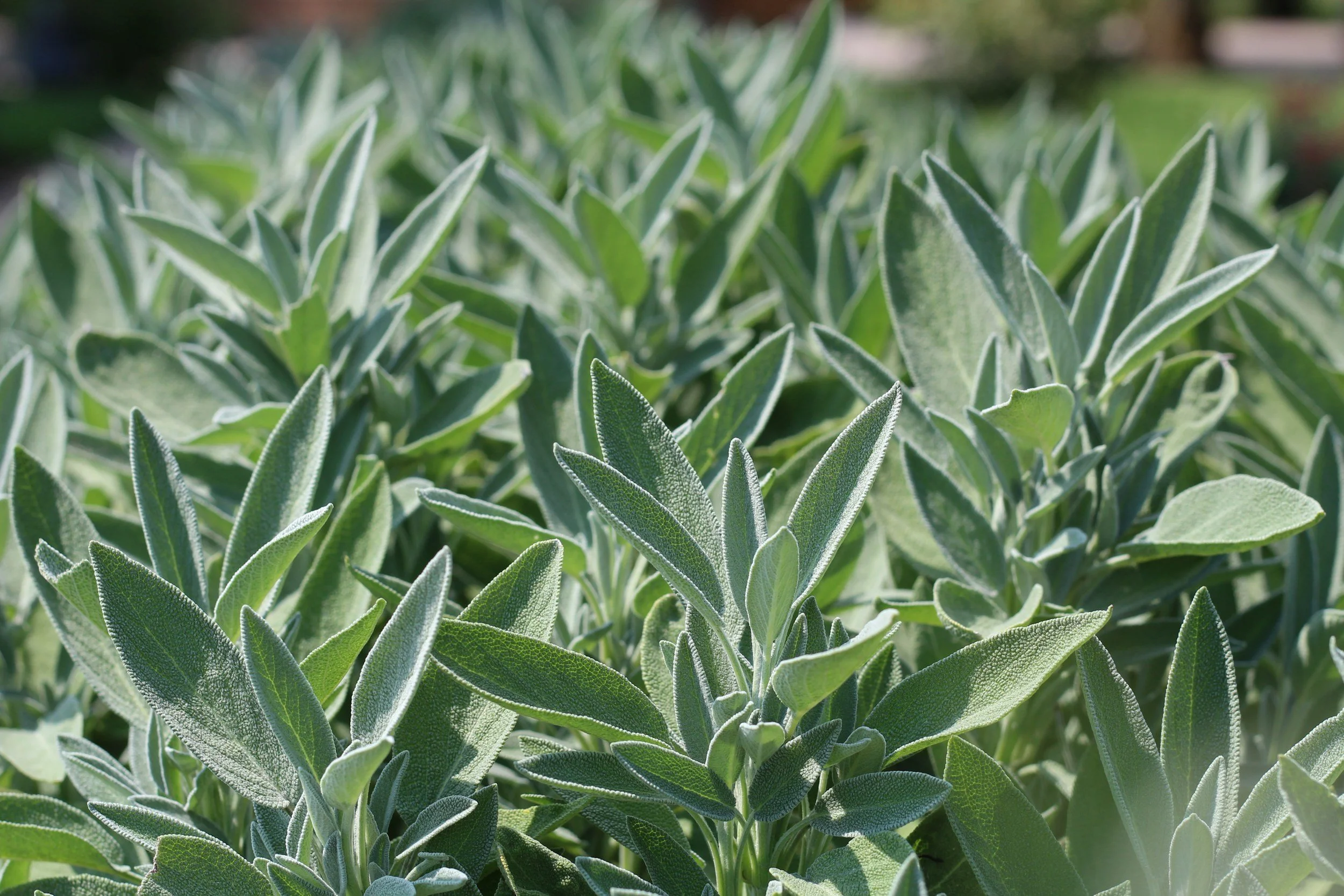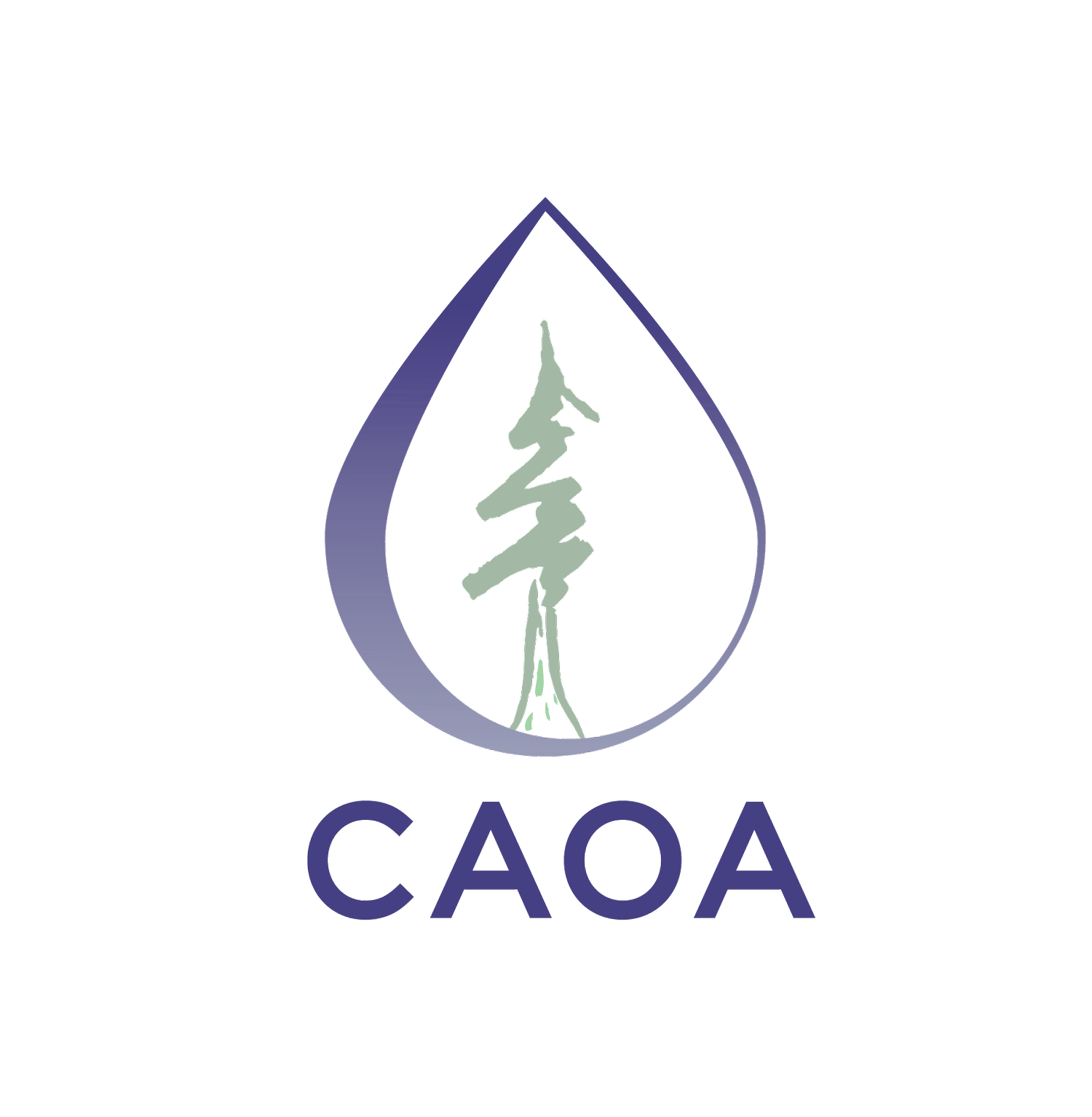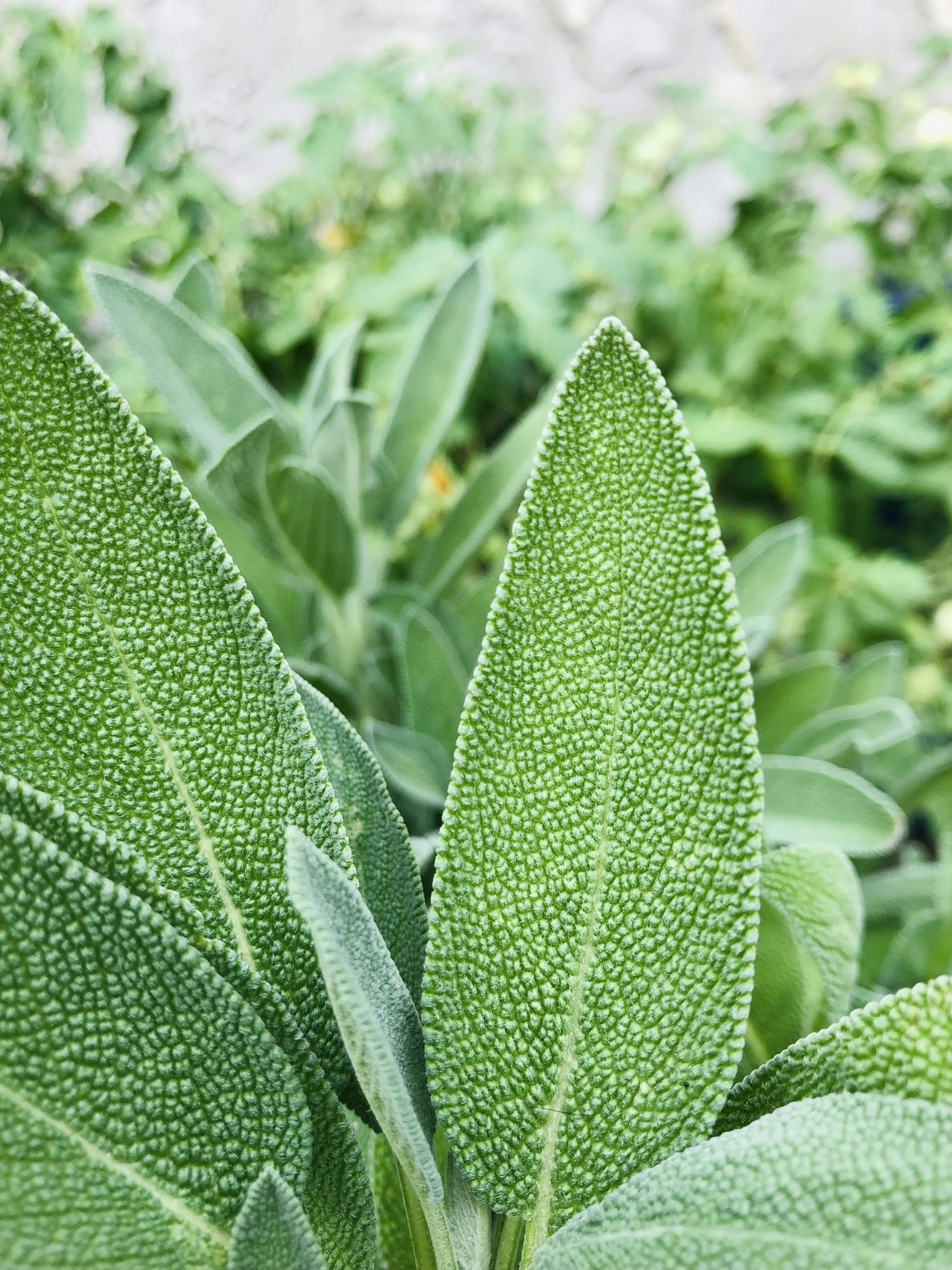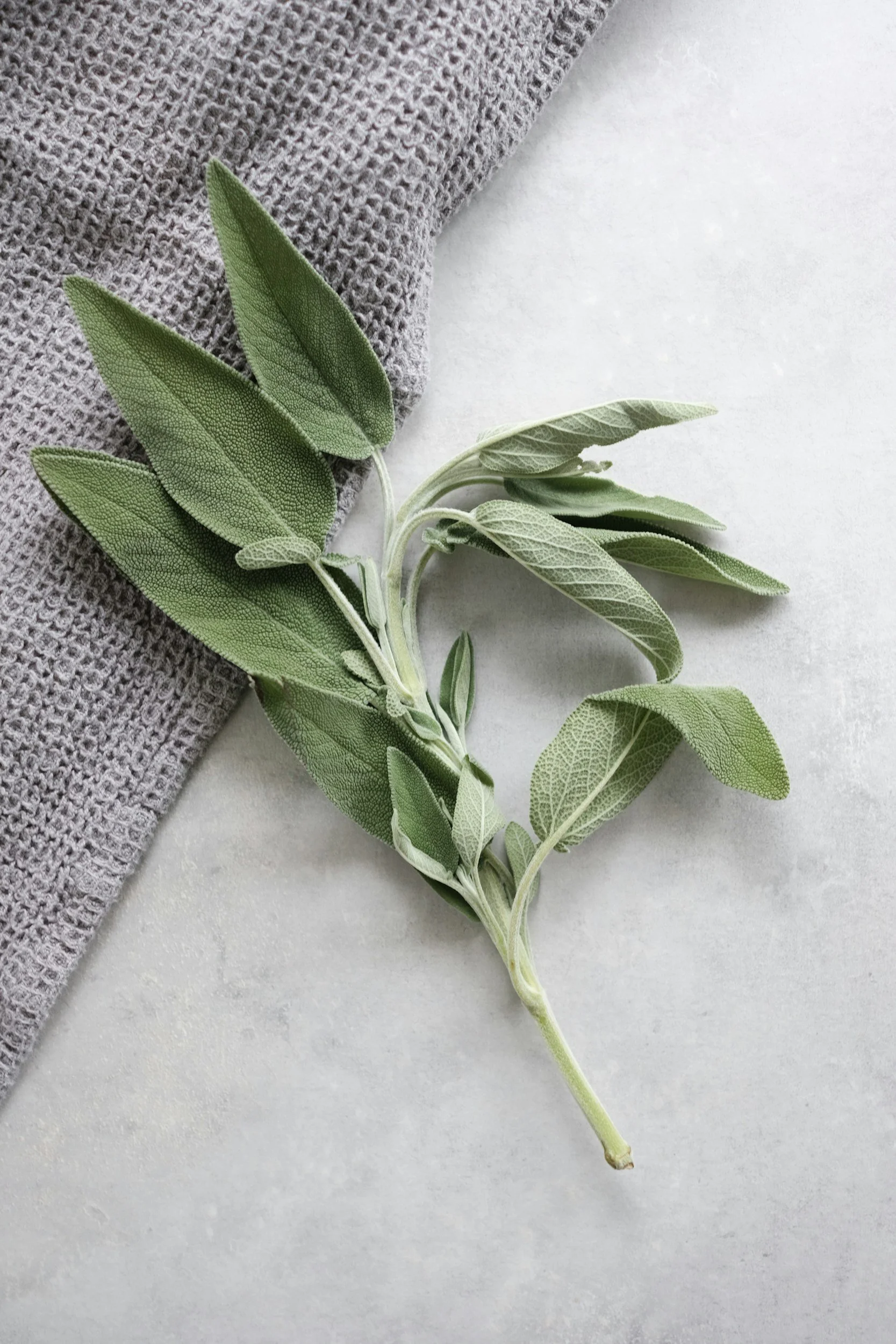
Professional Standards & Safety
Why Safety Matters in Aromatherapy
Essential oils are highly concentrated plant extracts that can provide benefits when used correctly, but they must be handled with care. Overuse, improper dilution, or unsafe application methods can cause adverse reactions.
Following recognized safety standards ensures client trust, professional credibility, and compliance with best practices in Canada. These safety principles are an integral component of the core requirements for RA® certification.
Setting the Standard for Safe Aromatherapy Practice
At CAOA, safety is the foundation of professional aromatherapy. We provide clear, evidence-informed guidelines to help practitioners use essential oils responsibly, protect client well-being, and uphold the integrity of the profession.
Following these standards is an essential part of earning and maintaining the Registered Aromatherapist® designation.
Best Practices for Essential Oil Safety
Use the Right Dilution
Always dilute essential oils in a suitable carrier oil before applying them to the skin. This reduces the risk of irritation and makes absorption safer. For example, undiluted tea tree oil can cause skin irritation, including redness and peeling, especially in sensitive individuals.
Choose the Right Application Method
Inhalation and topical application are the most common and safest professional uses of essential oils.
Internal use is not recommended by CAOA and is not covered by professional liability insurance in Canada.
Understand Oil-Specific Risks
Some oils can cause reactions if misused:
Citrus oils, like bergamot, can cause phototoxicity when applied before sun exposure.
Oils high in phenols, such as oregano, can cause skin irritation if overused.
Even commonly used oils, such as tea tree oil or rosemary oil, can cause issues when used in excess or without proper dilution.
Staying Current With Safety Guidelines
The science around essential oils continues to evolve. CAOA members have access to updated research, training, and resources to ensure safe, ethical, and effective practice of aromatherapy.
Our Precautions and Contraindications booklet, available through the CAOA store, is a trusted reference for up-to-date safety information
Continue Exploring Aromatherapy Safety
For more detailed articles, tips, and case studies on safe aromatherapy practice, visit our blog and resources page.
Common Questions About Aromatherapy Safety
Can essential oils be applied directly to skin?
Most essential oils should be diluted in a carrier oil before application to the skin to reduce the risk of irritation or sensitization.
Is it safe to ingest essential oils?
No. CAOA does not recommend internal use of essential oils. Ingestion may cause harm and is not covered by liability insurance in Canada
Are some oils unsafe for certain health conditions?
Yes. Oils such as rosemary oil should be avoided or used cautiously for individuals with high blood pressure, epilepsy, or other medical concerns. Always consult a qualified Registered Aromatherapist®.
How should I store essential oils to keep them safe?
Essential oils should be kept in dark glass bottles, away from heat and light, to protect their quality. Over time, exposure to air and light can cause oxidation, which may increase the risk of skin irritation.
More Questions About Safe Practice?
If you’re unsure about essential oil safety, usage guidelines, or professional best practices, our team is here to help.






